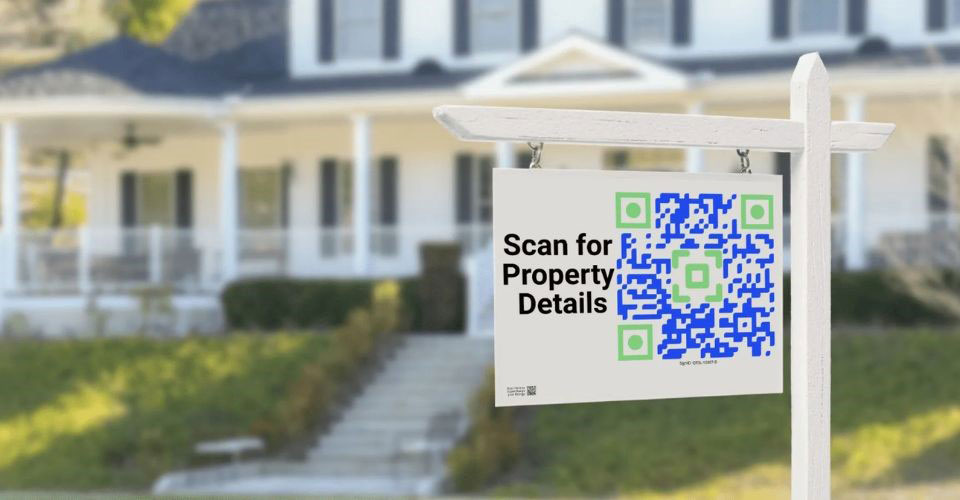In the ever-evolving landscape of real estate, technological advancements are playing a pivotal role in streamlining processes and enhancing the overall customer experience. One such technology that has gained prominence in the industry is the Quick Response (QR) code. QR codes are proving to be invaluable tools, simplifying property transactions and making the real estate journey more efficient for buyers, sellers, and real estate professionals alike. This article explores the innovative ways in which QR codes are revolutionizing the real estate sector.
- Instant Property Information Access:
QR codes are now commonly incorporated into real estate signage, property brochures, and promotional materials. Prospective buyers can simply scan the QR code using their smartphones to access detailed information about the property instantly. This includes property specifications, high-resolution images, virtual tours, and other relevant details, providing a comprehensive overview without the need for physical documents or printed materials.
- Efficient Property Showings:
In the age of social distancing and busy schedules, QR codes are transforming property showings. Real estate agents can generate unique QR codes for each property listing, allowing potential buyers to schedule self-guided tours at their convenience. This not only provides flexibility to both parties but also minimizes the need for coordination between agents and buyers, resulting in a more efficient and personalized property viewing experience.
- Streamlined Document Management:
One of the most time-consuming aspects of real estate transactions is the handling of paperwork. QR codes simplify document management by linking directly to digital copies of important documents, such as contracts, property disclosures, and inspection reports. This not only reduces the reliance on physical paperwork but also accelerates the overall transaction process, making it more convenient for all parties involved.
- Contactless Open Houses and Events:
QR codes have proven especially beneficial in the era of contactless interactions. Real estate professionals can utilize QR codes to facilitate contactless open houses and events. Attendees can scan the QR code to register their interest, receive event details, and access relevant information without the need for physical sign-up sheets or brochures. This technology aligns with health and safety protocols while maintaining a high level of engagement.
- Seamless Transaction Payments:
When it comes to closing deals, QR codes are also playing a role in simplifying financial transactions. Real estate agencies can incorporate QR codes into their payment systems, allowing clients to make secure and contactless payments for earnest money, commissions, or other financial transactions associated with property transactions. This reduces the reliance on traditional payment methods and enhances the overall efficiency of financial transactions.
Conclusion:
QR codes are proving to be a game-changer in the real estate industry by simplifying property transactions and enhancing the overall experience for buyers, sellers, and real estate professionals. From instant access to property information and efficient showings to streamlined document management and contactless open houses, QR codes are reshaping the way real estate transactions are conducted. As the industry continues to embrace digital transformation, QR codes are likely to become an integral part of the standard toolkit for real estate professionals, providing a seamless and modern approach to property transactions.

